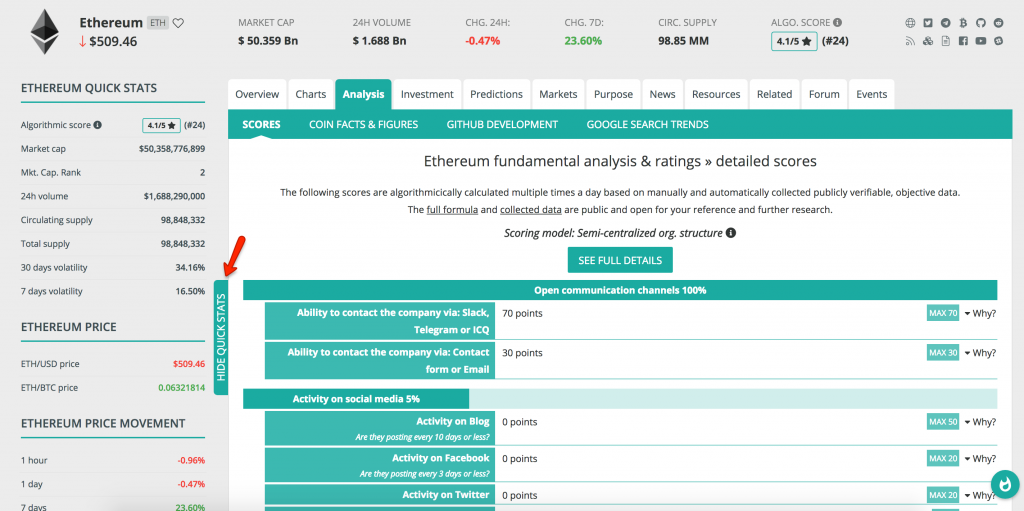

COINCHECK HACK TIMELINE CRACKED
But Japan accounts for between a third and half of all global bitcoin trade, exchange operators say - a share of the market that has grown as other jurisdictions have cracked down.Coincheck, one of Japan’s biggest cryptocurrency exchanges, recently confirmed that it has lost over $534 million worth of digital currency in a massive hack. Statistics on cryptocurrencies are patchy because their trading is unregulated in most countries. India this month vowed to stamp out use of cryptocurrencies altogether. China, concerned about financial stability, last year ordered some exchanges to close.

In Asia, South Korea is embracing strong oversight of cryptocurrency trading, at one point saying it might shut down local exchanges. regulators may ask Congress to legislate more oversight of digital money, the head of the Securities and Exchange Commission said this month. Most have been sceptical about trade in digital assets.
COINCHECK HACK TIMELINE HOW TO
Policymakers across the world have grappled with how to deal with cryptocurrencies. “The FSA was quite relaxed on protecting consumers on things like cold wallets and hot wallets,” said the chief financial officer of a major Japanese cryptocurrency exchange. In effect, the clause left no obstacle to Coincheck’s holding $530 million worth of NEM crypto-coins in an online “hot wallet” - essentially a digital folder stored on a server - from which the funds were stolen. Exchanges should keep the encrypted keys needed to access digital money in “cold wallets” - for example, USB drives not connected to the internet - only if doing so didn’t overly inconvenience customers, the guidelines said. The FSA’s rules required exchanges to register, operate robust computer systems and address risk management.īut they left the storage of assets to a set of non-binding guidelines. “We had constant discussions with the FSA, giving technical information and ideas,” said So Saito, a founding member of JADA and now general counsel of its successor, the Japan Blockchain Association (JBA). The group lobbied for rules friendly to start-ups, like low capital requirements. When the FSA was later tasked with creating regulations for cryptocurrencies, it turned to JADA for help. That led to the formation of the Japan Authority of Digital Assets (JADA), comprising blockchain and cryptocurrency start-ups and entrepreneurs. Japan’s Financial Services Agency declined to comment. Interviews with a dozen government officials, lawmakers and cryptocurrency industry leaders depict a regulator that opted for relatively loose rules to help nurture an industry largely populated by start-ups. And for some experts, it raised questions over the country’s dash to regulate the industry - a sharp contrast to clampdowns by countries like South Korea and China. The Coincheck heist exposed flaws in Japan’s system. Gox’s as one of the biggest ever for digital currency. Last month, hackers stole about $530 million from the Tokyo-based exchange, a theft rivalling Mt. Under the Japanese framework, some exchanges would be allowed to operate - even though they hadn’t yet won regulatory approval. Japan’s national system to oversee cryptocurrency trading was the world’s first, rolled out even as policymakers elsewhere grappled with how to deal with the sector. By last April, they thought they had arrived at a set of guidelines that did just that. Their goal was to craft rules that both protected traders and allowed a promising sector to flourish. Cryptocurrency exchange Coincheck's signboard is pictured in front of a building where their office is located in Tokyo, Japan February 2, 2018.


 0 kommentar(er)
0 kommentar(er)
